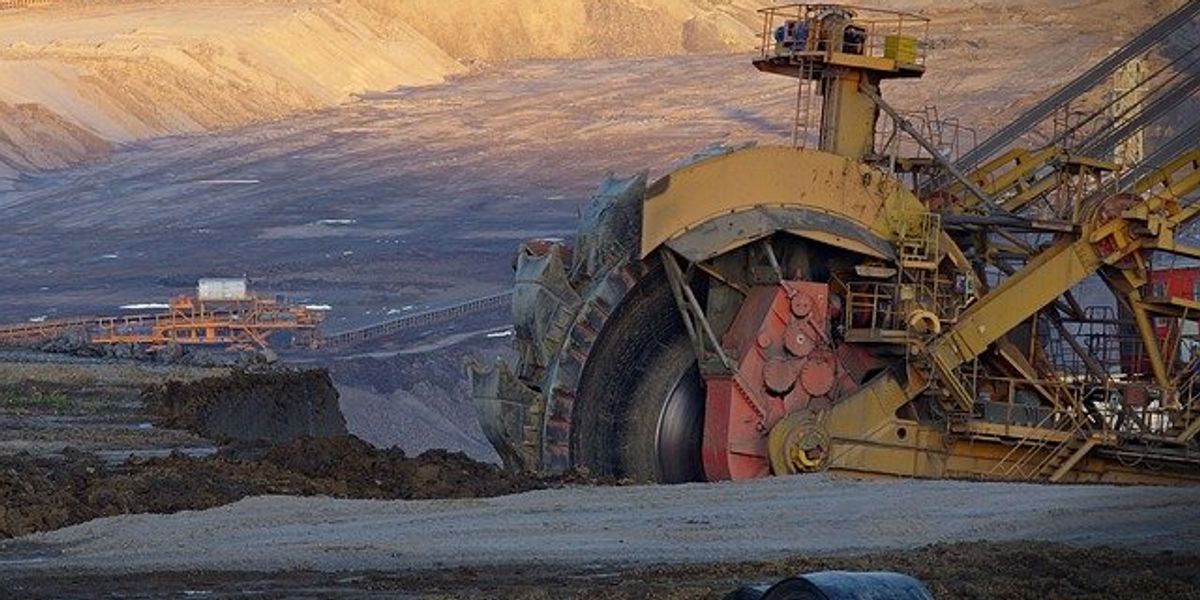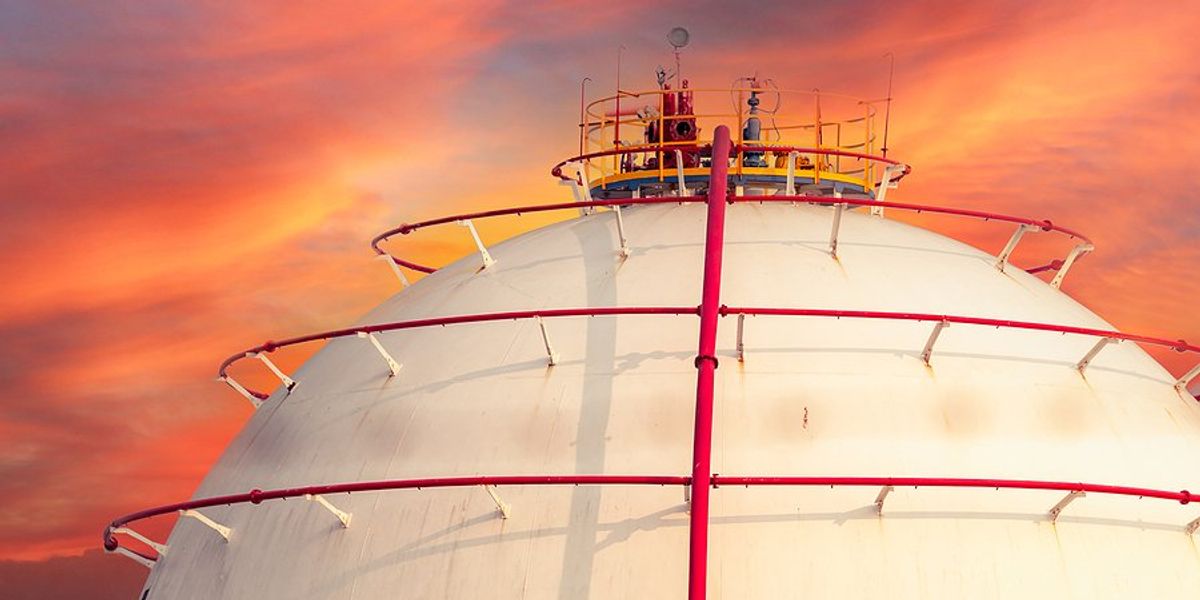native american
Apache group petitions Supreme Court to halt copper mine on sacred land
Apache Stronghold members are traveling across the U.S. to gather support as they petition the Supreme Court to block a copper mine on Arizona land sacred to their tribe.
In short:
- Apache Stronghold opposes a copper mine planned for Oak Flat, a sacred site in Arizona, arguing it violates their religious freedom.
- The group lost its appeal in lower courts but hopes the Supreme Court will hear their case, claiming the mine threatens their spiritual practices.
- The planned mine could meet 25% of U.S. copper demand but would devastate the environment, leaving a massive crater and depleting local water resources.
Key quote:
“We thought it was an Apache case. But no, it became a Native American case. It became a state case. It’s a country case. It’s a human being case.”
— Wendsler Nosie Sr., leader of Apache Stronghold.
Why this matters:
The case highlights the ongoing conflict between resource extraction and Indigenous rights, raising concerns about environmental destruction and the erosion of sacred cultural practices.
Related EHN coverage:
Pipeline debate heats up in Michigan and Wisconsin
Pipeline's future stirs political waves in Michigan and Wisconsin, spotlighting a contentious debate over environmental risks and economic benefits.
Rebecca Halleck and Dionne Searcey report for The New York Times.
In short:
- Line 5's debate straddles tribal sovereignty, environmental risks, and job prospects, underlining a significant clash between economic benefits and ecological safety.
- With both states being crucial in the electoral map, the pipeline's fate might sway voters' opinions amidst broader environmental and energy discussions.
- Legal challenges in Michigan and Wisconsin add to the controversy, with both states seeking solutions that address tribal rights, environmental concerns, and energy demands.
Key quote:
The pipeline is “a ticking time bomb in the heart of the Great Lakes.”
— Michigan Attorney General Dana Nessel
Why this matters:
Stretching more than 645 miles and carrying millions of gallons of oil and natural gas liquids daily, the pipeline's potential for catastrophic leaks poses significant risks to the Great Lakes region, a critical source of fresh water for millions and a biodiverse ecosystem. Proponents of the pipeline, including some labor groups and industry advocates, argue that Line 5 is essential for sustaining thousands of jobs and is critical for the regional economy, supplying refineries and providing energy resources.
Native tribes argue that the pipeline's operations infringe upon their sovereign lands, violating treaty rights established over centuries. These communities emphasize the importance of preserving their ancestral territories not just for cultural reasons but also for their inherent environmental value.
Native American tribe wants Diablo Canyon homeland returned
Hudson River rise is here. How nature will (and won't) adapt
The Hudson River is expected to rise as much as four feet in the next 60 years as climate change continues to accelerate across the globe.


















